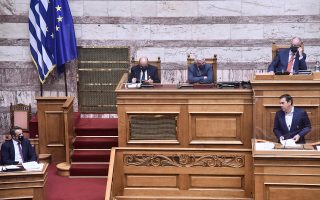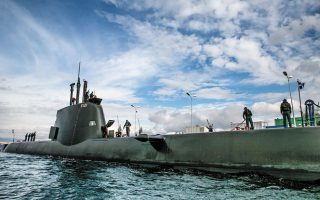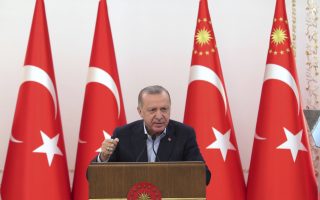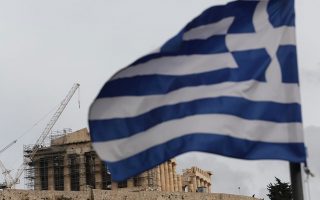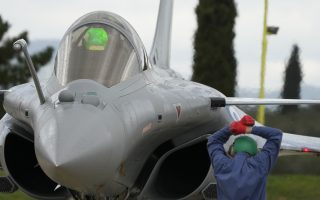United front on diplomacy, defense
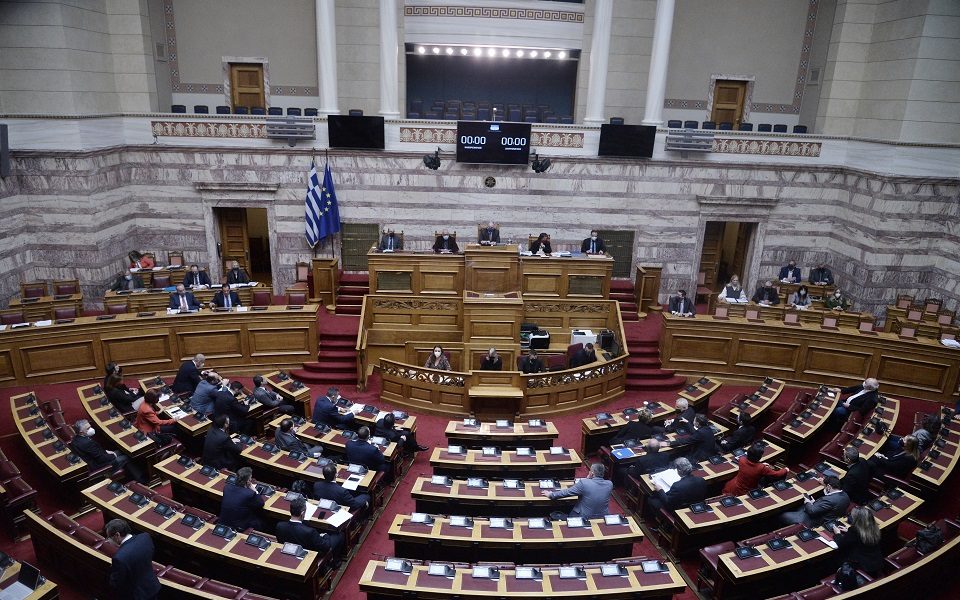
The parliamentary debate which preceded the approval of agreements for the purchase of Belharra frigates and Rafale fighter jets from France was not a one-dimensional affair. The process saw lawmakers clash over the heart of the matter – i.e. the purchase of the specific armaments systems – but it was often hijacked by the efforts of the different parties to score political points that would help them lure voters. I’m not sure that national security is an appropriate battleground for political confrontation but, well, after all this a democracy.
With the crisis in Ukraine continuing, the debate also presented the political class with an opportunity to send a signal to Greece’s allies regarding the awkward situation it finds itself in. Despite Greece’s membership of NATO and its clear-cut attitude toward Russia (notwithstanding Athens’ traditional ties to Moscow), the country has not received the support one would expect against threats from Turkey, formally also a NATO ally.
As far as the strategic agreement with France is concerned, it will certainly benefit Greece. The Belharras and the Rafales will no doubt bolster its deterrent capability. If there are questions over specific details of the arms systems in question, these should be brought to the fore and reviewed. However, ratification of the agreements should be the default outcome of the debate. That is the message that should be sent in the face of those whose aggressiveness has made these costly deals inevitable.
The same argument (which also serves as an encouragement to the three mainstream parties) goes for Greece’s security deal with the United States. Both agreements carry strong diplomatic symbolism and amplify the country’s geopolitical status.
Put simply, on issues of national defense, Greece needs a united national front.
Parenthetically, opposition SYRIZA leader Alexis Tsipras may be naturally annoyed at having come under fire as prime minister for signing the Prespes deal – some went as far as to accuse him of being a traitor. Such criticism was not only unfounded, it did not serve the national interest either. At least Tsipras’ conservative successor, Kyriakos Mitsotakis, had vowed to the international community that he would implement the deal. International treaties and official state obligations cannot be disrupted by political changeovers.
Turning the focus back to the security deals with France and the US, it needs to be acknowledged that much of the deliberation and planning were undertaken by the previous administration. It was a sign of pragmatism and political maturity. It is sad for SYRIZA and bad for the country to see this continuity and consistency being challenged.
Much like Souda naval base in Crete and Alexandroupoli port in northern Greece, the Belharra frigates and the Rafale aircraft are a boon for national security. It’s as simple as that.
Sure, a certain amount of differentiations and criticism from the opposition is expected and often proves useful. But going all the way to voting either against the deal or “present” is a mistake, because it sends the wrong message in multiple directions.
Parties should not engage in petty politics when major strategic decisions are at stake – decisions that mean obvious benefits for the country and which are bigger than individual figures or parties.
There is plenty of room for confrontation, even for voting against bills in other areas – institutional, social, economic. The country’s defense is just not one of them.
